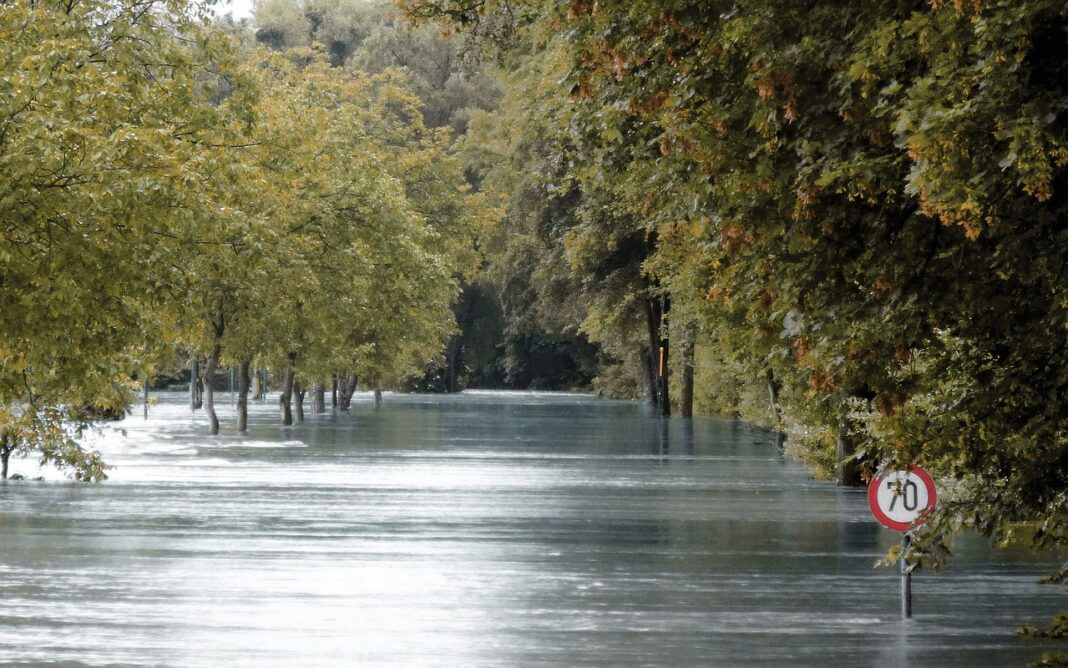As if the past couple years haven’t already presented their share of challenges, last week the town of Massington, Illinois experienced the worst flooding it has seen in over 150 years. On February 1, the LaPelle River rose to 40 feet over flood stage – apparently the result of local conglomerate Pankman-Lombardi instituting a major paradigm shift.
“Even the largest paradigm shifts have caused no more than a trickle or two,” says Charles Langstom of the Almer Institute, which studies the effects of such shifts on the US ecosystem. “Nobody ever thought there’d ever be anything like this. It was one hell of a shift!”
Massington city officials say they were not warned in advance and had to scramble to avoid casualties.
“They knew for 15 months they were going to shift that paradigm,” says Mayor Leona Twining. “They couldn’t have picked up the phone?”
Pankman CEO Paul Brabant defends his handling of the situation. “Everyone before me said it needed to be shifted, but they all avoided the actual shifting until I came along.” It was the first time he’d ever shifted a paradigm of such proportions, he says, and he insists he wasn’t aware of the potential danger.
“The bottom line,” says Brabant, “is that nobody drowned.”
While that may be true, says Almer’s Langstom, it’s likely just plain dumb luck.
“Any company instituting a large paradigm shift should estimate in advance its dimensions, predict potential outcomes, and alert those who could be impacted,” he says. “It’s the morally responsible thing to do.”










